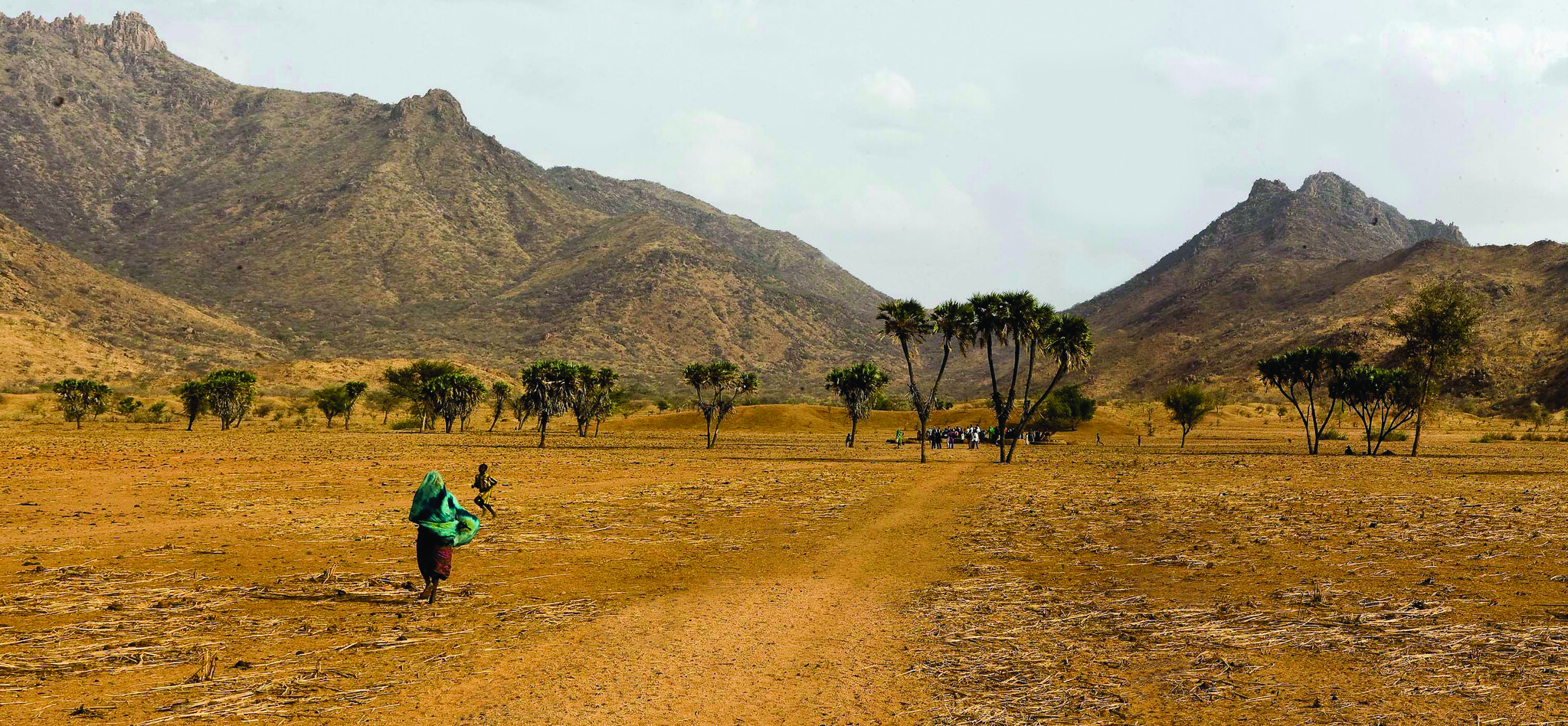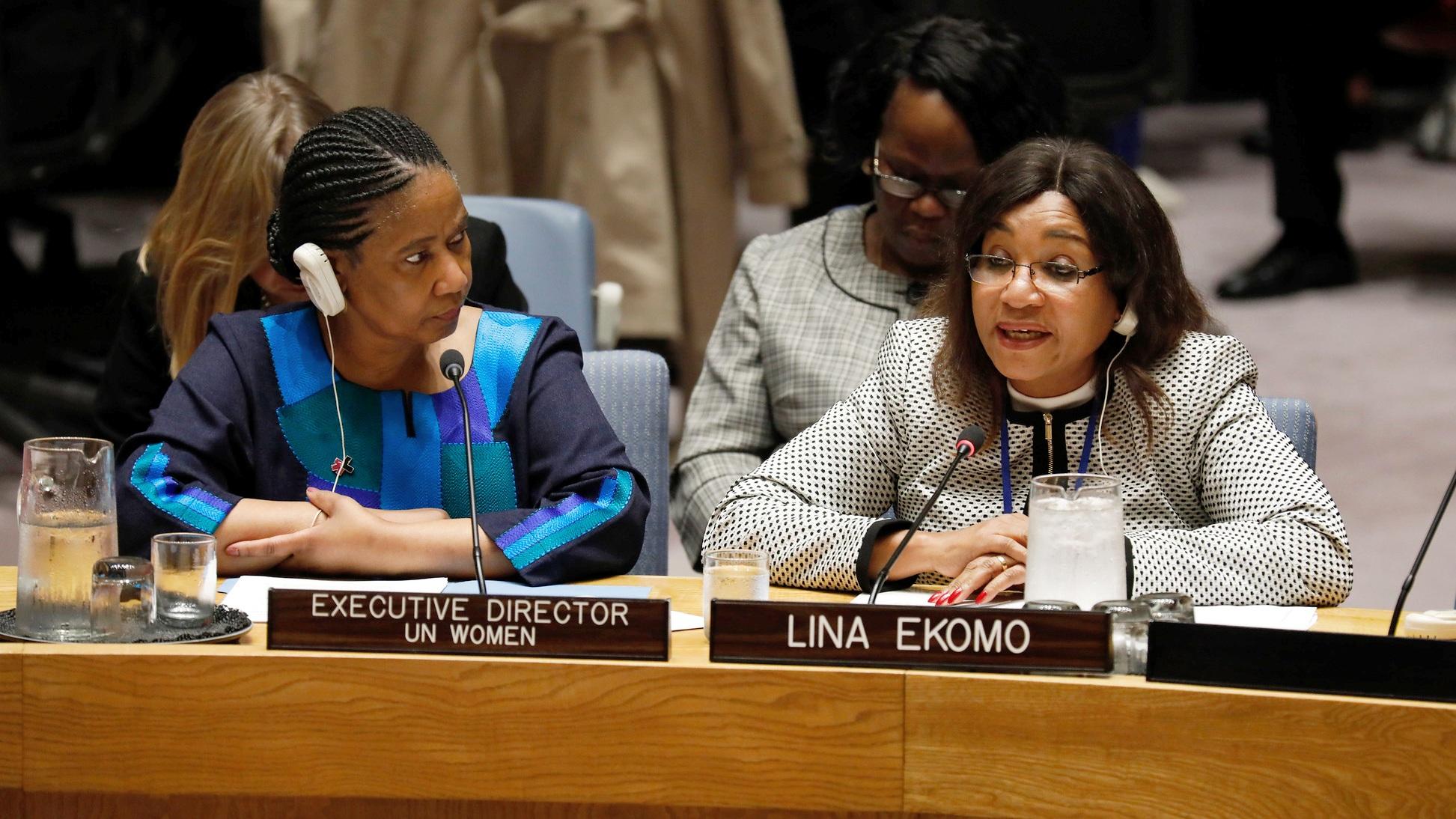LSE alumnus Olivier Bucyana examines the root cause of the current conflict in Mali. This post originally appeared in The Africanist.
Located in West Africa, Mali, known for its stability and democratic institutions, is currently in a semi state of conflict.
With only a few months remaining in his last presidential mandate, President Amadou Toumani Toure (ATT) was overthrown in a military coup, led by Captain Amadou Sanogo, on 22 March 2012.
Currently, the country is also facing two rebel groups in the northern part of the country, and one of them is the National Movement for the Liberation of Azawad (MNLA), now proclaiming the independence of the Azawad, a region larger than France, with a population of approximately 2,5 million.
The root causes of this conflict?
Conflicts can be caused by multiple factors, such as the economy, identity and “ethnicity”, state capacity, regime type and even geography. At least one of these factors is present in any conflict in Africa, and in the case of Mali, two of these stand out: geography and state capacity.
With a territory of approximately 1,2 million km² and more than half of it being part of the Saharan desert, Mali faces numerous geographical challenges, which require good state capacity. One of these challenges are the porous borders the country shares with its eastern, northern and western neighbouring countries: Mauritania, Algeria, Niger and Burkina Faso. With an army lacking the right equipment, controlling these borders is practically impossible, which facilitates trafficking and the transportation of weapons across borders. In fact, the spillover of weapons from the Libyan revolution has allowed the key actors in this conflict to arm themselves, which, subsequently, has allowed them to defeat the regular army and now to control different parts of the country.
The ecology and size of Mali does not allow the central government to effectively control, single handedly, the entire territory. For that reason, decentralisation, meaning giving a certain level of autonomy to local governments, is necessary in order to allow the central government to overcome some of its challenges.
Decentralisation will not solve all the problems this country is facing, however it is the right path towards empowering citizens who live 1,000,000 km away from the center, and hence feel completely disconnected from the people who hold the real power.
Complete decentralisation at all levels will also enable central and local governments to effectively respond to the needs of their citizens, which might discourage rebellions and the support they get from disgruntled citizens.
Decentralisation is a very delicate process, especially in such large countries, and therefore, there must absolutely be political will to do so. In this case, Mali did engage in such a process, however coupled with regional integration, the multiple harmonisation requirements of the Economic Community of West African States (ECOWAS) and financial partners, one has to see whether it has succeeded or failed. Finally, neighbouring countries, like Niger, that have had a history with rebel groups, should learn from some of the successes and failures of Mali, so as to avoid a contamination in the region.






1 Comments